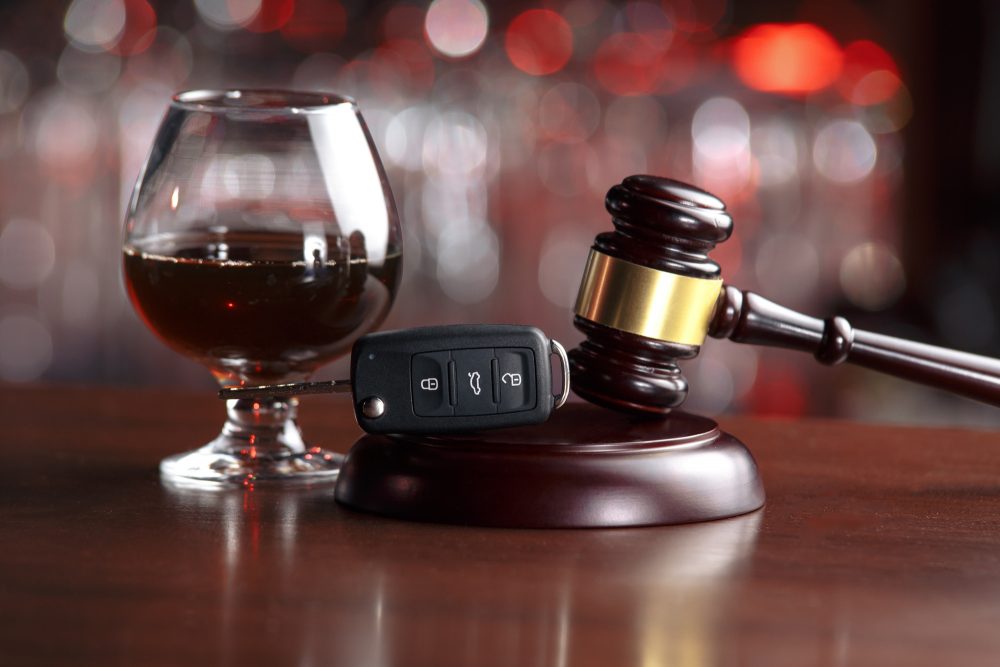Getting arrested for driving while intoxicated can be devastating. You are probably feeling guilty, ashamed of yourself, relieved that you didn’t cause grievous bodily harm to yourself or anyone else, and worried about the potential consequences. The last thing you need while you are grappling with all of these difficult emotions is how you’re going to fight your case in a court of law.
Hiring an attorney who specializes in DWI defense is one of the smartest moves you can make in this situation. Your attorney will take care of everything connected to your charges. But because hiring the right law firm can mean the difference between jail time and probation, or a hefty fee instead of a smaller one, it’s important to take your time when selecting an attorney.
Here are the eight most important questions to ask your DWI defense attorney during your initial consultation.
1. What Is Your Experience with DWI Cases?
The legal system in the United States is incredibly complicated, with many different areas of specialization. That is why it’s important to work with an attorney who primarily, or exclusively, handles DWI cases.
A lawyer with this specialization will be up to date on case law and precedents. He will have a number of tactics and approaches that can help him get your charges dismissed or reduced, mount a defense, and fight for you in court if necessary.
Not all attorneys have the same education or experience, and that’s actually a good thing! However, it does mean that you have to ensure, right from the get-go, that your attorney knows his or her way around a DWI case.
2. Who Else Will Work On My Case?
It’s likely that if you work with a major DWI law firm, you will have a consultation with a senior attorney. It might even be the bigwig whose name is on the stationery and those giant billboards along the freeway. After that initial consultation, it can come as a shock to some people when they don’t talk to that particular lawyer again during their case.
What happens is that senior attorney will assign your case to a junior colleague and/or a team of paralegals for most of the legwork. They may collaborate, and you can be sure that the junior associates are getting plenty of behind the scenes guidance.
Just make it a point to ask who’s going to be handling the bulk of your case, so that you’re not surprised down the line. If you would like to meet those individuals, that can be arranged. Your attorney will want you to feel comfortable with everyone who’s going to be working on defending you.
3. What’s Your Track Record?
Your attorney, if he or she is successful, will be eager to tell you about his or her win/loss record. And the wins should greatly outnumber the losses, of course!
In fact, most lawyers don’t even accept cases that they don’t feel they can win. After all, they don’t get paid unless they win their cases! (More on this later.) So they aren’t going to commit to a DWI case and all the work that goes into it if they feel it will be a failure.
4. What Is Your Opinion of My Case?
There are a lot of factors that go into determining what sort of punishment you will receive after being arrested for driving while intoxicated. These may include:
- Your criminal record
- How intoxicated you were
- Whether property was damaged
- Whether anyone was hurt
- If there were other charges (such as speeding or failure to maintain lane)
- The judge’s attitude toward DWIs
Don’t worry; your attorney will give it to you straight. He or she will be honest not only about the chances of winning your case, but also about the penalties you may face.
And he or she will do their level best to reduce your charges, arrange a plea deal, or argue for leniency.
5. Are You Familiar with the Court?
As hinted at above, how your case shakes out may depend on which court you go to and what judge is presiding. Attorneys should be familiar with the particular court and judge that will see your case. They will tailor their approach to that judge, based on previous experience trying cases before him or her.
If the attorney doesn’t have familiarity with the judge, he or she will do whatever research it takes to become familiar.
6. How Do You Like to Communicate with Clients?
Attorneys are busy people. Because they are so often meeting with other clients and appearing in court, it can be difficult to get them on the phone. Your attorney may find email or even texting more convenient. Or they may have a secretary, paralegal, or associate contact you when there are new developments.
Of course, you have a say in the matter too, but you should ask about communication styles. That will prevent frustration and worry on your part.
7. Do You Have Specialized Training?
It makes sense for attorneys who are handling DWI cases exclusively to stay abreast of continuing education and to pursue advanced certifications in DUI law. Such certifications could come from state bar organizations or DUI organizations like The National College for DUI Defense (NCDD).
Many attorneys have also completed the National Highway Traffic Safety Administration (NHSTA) Student and/or Instructor Standardized Field Sobriety Test courses.
8. How Much Will You Charge Me?
Of all the questions to ask a DWI defense attorney, this is probably the one that you’re most curious about. As we mentioned above, attorneys generally work on contingency plans. This means that they don’t ask for a retainer or any fees upfront.
It never hurts to double check, however. And it’s a good idea to ask about court costs, the costs involved in hiring experts, and any fees they might charge for photocopies, filing charges, etc.
Final Thoughts About Hiring a DWI Defense Attorney
Now that you have prepared for the consultation with a DWI defense attorney, you are probably feeling a bit more relaxed. That’s great! And as a matter of fact, the attorney will most likely go out of his or her way to reassure you, bring up any matters you have forgotten, and explain the process in detail.
If you have been arrested for DWI in the Houston area, give Madrid Law a call today. We’ll set up a consultation for you and get right to work on your case.





